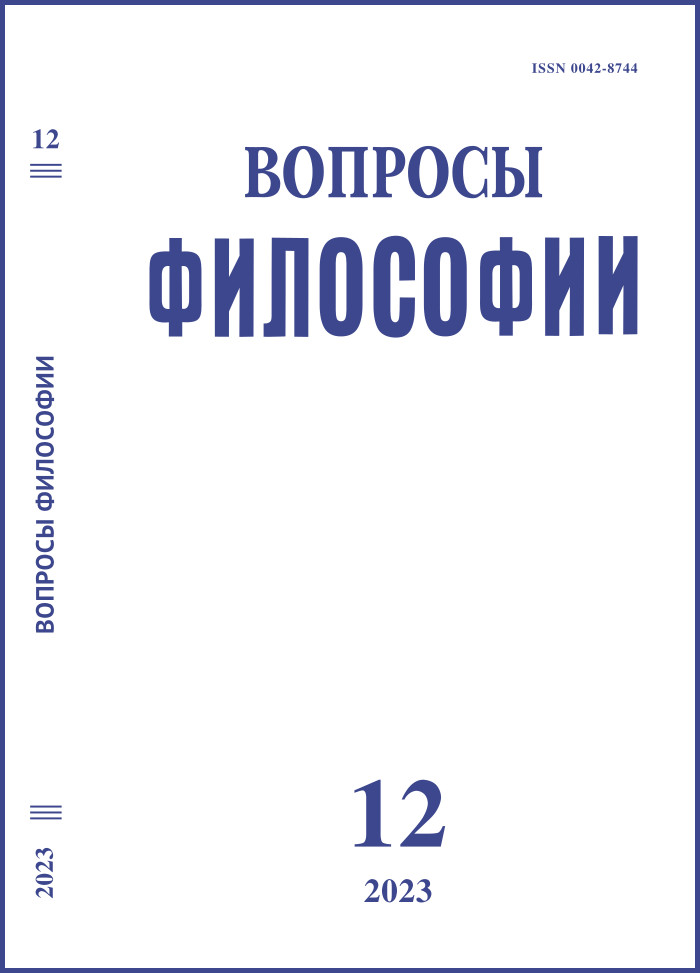Supra-Individual Mechanisms of Language and Music: Three Steps to Formulate a Hypothesis
DOI:
https://doi.org/10.21146/0042-8744-2023-12-25-36Keywords:
music, language, supra-individual mechanisms, oral tradition, auditory memory, logical-sense analysis.Abstract
The article analyzes different, at the same time complementary approaches to the study of the problem of the relationship between language and music
using the methodology of philosophy, linguistics, and neurophysiology. Being aimed at the study of human consciousness, they reveal a wide range of understanding of language and music from a sign and an auditory signal to connectivity (sviaznost), marking a particular architectonics of consciousness. Relying on the methodology of logic-sense analysis (A.V. Smirnov) applied to different domains of culture and various linguistic and cultural areas provides research strategies not limited to the universalist approach, in line with which N. Chomsky’s generative theory is implemented in its application to music. At the end of the article, a multi-stage hypothesis is formulated aimed to develop common principles of the formalization of speech and music. It is based on the thesis that 1) the supra-individual mechanisms in speech and music are mutually conditioned by temporal and spatial grammars, 2) reveal unified cognitive mechanisms based on the cognitive salience of sound objects 3) selected by the cultural and historical environment as sound patterns with the universal types of the musical movement at the early stages of the pragmatic function of language and music, that 4) eventually affected the formal methods of word formation and inflection. Since 5) the choice from a variety of linguistic units is carried out in the verbal or musical speech process 6) and is manifested in the variants of subject-and-predicate constructions for language and music due to the basic connectivity, 7) progress is possible in understanding the question why musical speech in oral tradition preserves the basic principles of information transmission developed over a long historical period against the background of the repressive change of verbal language, and thus shows resistance to changes in the cultural and historical environment.

